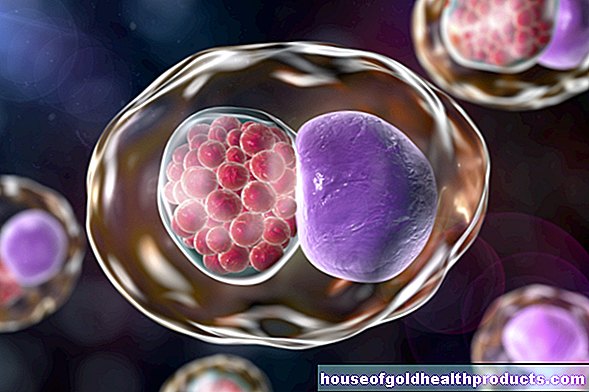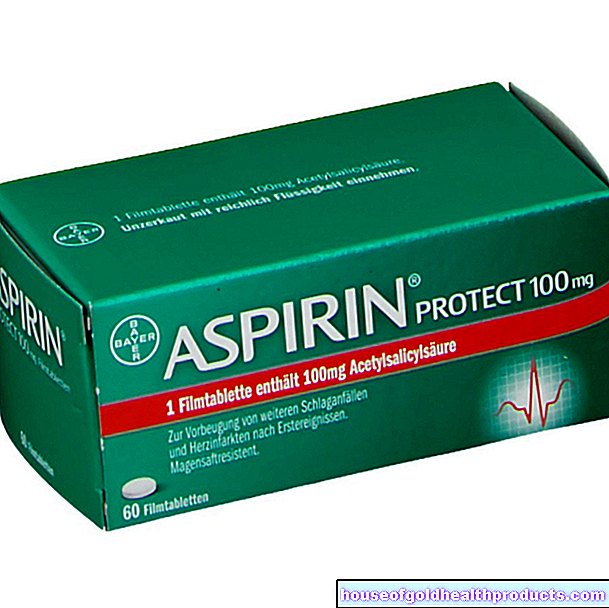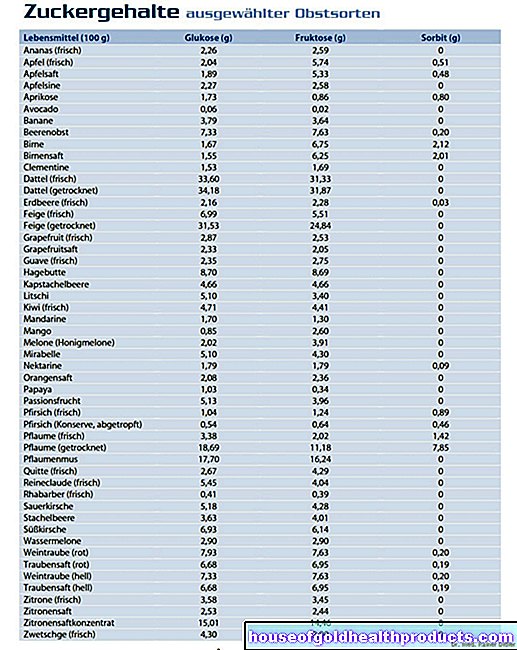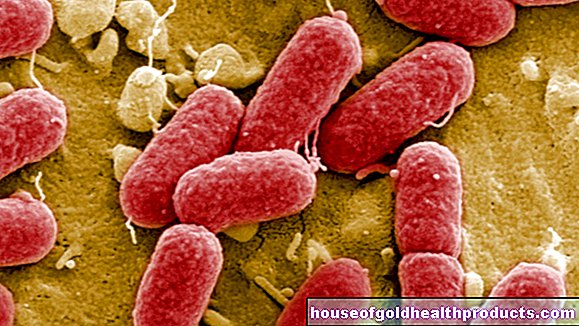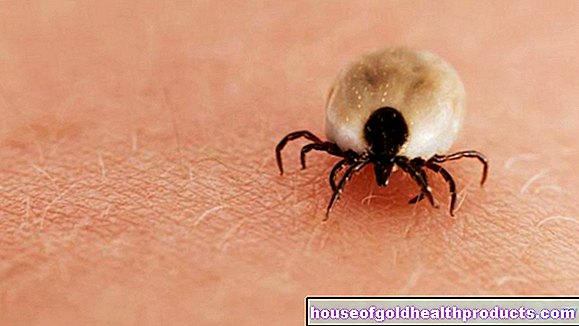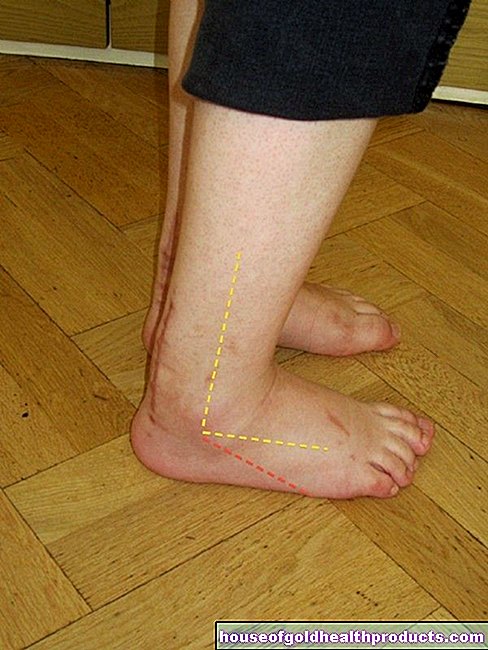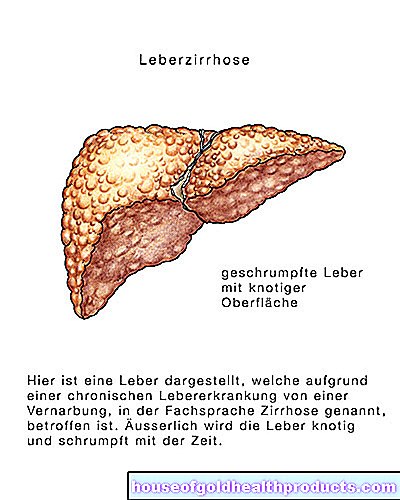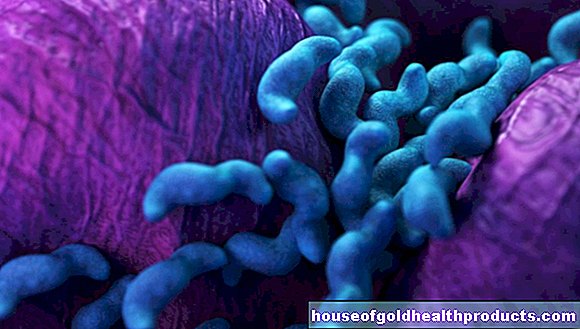Alzheimer's: Diet low in protein reduces dementia
All content is checked by medical journalists.MunichA special diet could help slow down the progression of Alzheimer's. At least in mice, this significantly improved cognitive abilities and memory performance. That is the result of a US study.
Valter Longo and his colleagues at the University of Southern California used mice with symptoms similar to Alzheimer's as research objects. Some of the animals were fed a low-protein diet every other week for four months. Another part received normal food. Then all animals took memory tests: For example, they had to find their way through a labyrinth. The mice that had a low-protein diet showed significantly better cognitive performance. Differences could also be seen in the brains of the animals - fewer nerve cells exhibited the defective protein "tau" there, which typically accumulates in the brain of Alzheimer's patients.
Reduced growth factor
In the mice on the low-protein diet, 30 to 70 percent lower levels of the growth factor IGF-1 circulated. At the same time, eight times the amount of a protein that binds IGF-1 and thus blocks it was found.This factor helps with growth processes at a young age, but in later life it is associated with various diseases, for example dementia - in mice as well as humans. The protein ingested from food is known to act as a regulator for IGF-1.
Easy to implement
The improvement could be achieved by a simple change in diet. The researchers hope that it will soon be possible to transfer these results to humans. "We always try to find measures that help people immediately," explains Longo. The development of new drugs takes up to 15 years, which is too late for today's Alzheimer's patients. However, the low-protein diet must also go through a clinical phase in humans. "If a doctor sees no other options for his patient, he can think about introducing these diet cycles," says Longo.
Increasing numbers every year
Alzheimer's is the most common type of dementia. Almost a million people are affected in Germany. Researchers estimate that the numbers will rise dramatically in the next few years. So far there is no way to cure the disease. However, early diagnosis and treatment can slow down the course of the disease. (lh)
Source: Edoardo Parrella, et al. Protein restriction cycles reduce IGF-1 and phosphorylated Tau, and improve behavioral performance in an Alzheimer's disease mouse model. Aging Cell, 2013; DOI: 10.1111 / acel.12049


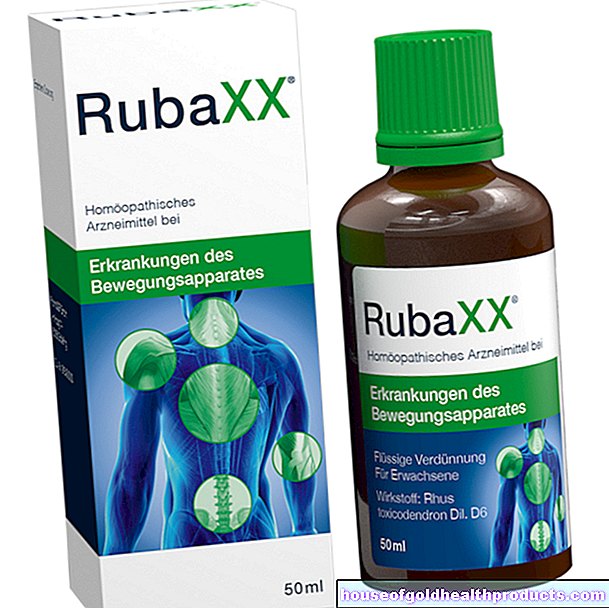


.jpg)
